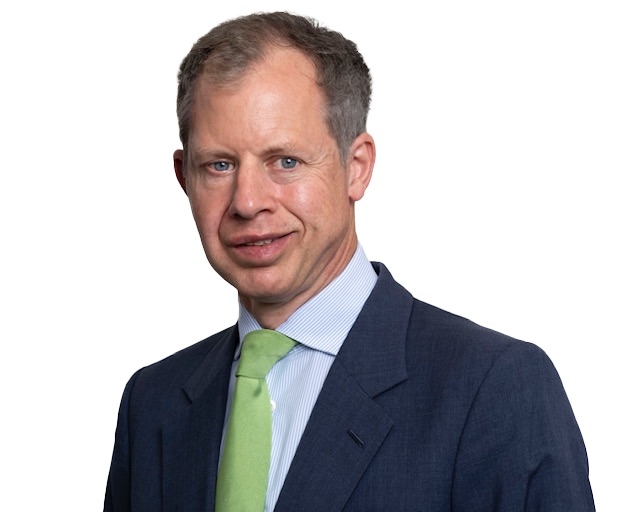Below I share four reasons why I believe Financial Planners should be focusing more on client philanthropy and the benefits it can bring, writes Progeny Financial Planner Richard Gilham.
A recent report from the non-profit group Onward, ‘Giving back Better’ called on the FCA to make philanthropy a mandatory part of Financial Planners’ training, citing that the wealthiest top 10% of households donate only half as much of their incomes as the poorest 10%.
This request is echoed by analysts, Pro Bono Economics, who stated that current philanthropy services are a ‘ragged patchwork’ that is often limited to the super-wealthy via family offices and is failing to meet a growing demand. Both point to the US, where an estimated 80% of Financial Planners discuss philanthropy with their clients as part of their regular service.
With increasing calls for the government and regulator to encourage more philanthropic activity, planners would be well advised to consider up-skilling in this area.
Here are four reasons for focusing more on philanthropy.
Attracting next-gen clients
Gen Z and millennials are some of the UK’s most generous charitable givers, according to Charity Digital and with £5.5 trillion estimated to pass between UK generations over the next 25 years, next-gen clients are going to be looking for planners who can actively support their philanthropic interests.
Philanthropy is also often a family affair, so current clients may want to make collective decisions on charitable giving or build a family legacy, offering an additional, values-based touchpoint to the wider family.
Deepening existing client relationships
Philanthropic interests reveal a lot about an individual’s motivations and offer an opportunity for planners to get to know more about their clients and deepen connections. A good way to cover the subject of charitable giving is within the initial fact-find. As charitable giving can be undertaken in so many ways throughout a lifetime, it also provides an evergreen topic for discussion and an opportunity to re-engage a client outside of the traditional key life stages.
Tax Planning opportunity
Money left to charity is exempt from inheritance tax (IHT) and therefore reduces the value of an estate for IHT purposes. If the donation is at least 10% of the net estate, then the remainder of the estate will additionally attract IHT at a reduced rate of 36% instead of 40%. After April 2024, tax payers will no longer be eligible for UK tax relief on donations to EU charities however.
Donor Advised Funds (DAFs) are the UK’s fastest-growing vehicles for philanthropy and enable donors to give in a flexible and tax-effective way. Set up with a sponsoring charity, they can be funded through a variety of assets, such as shares, third-party entitlements and other non-cash assets.
A donation to a DAF immediately receives the UK tax advantages of charitable giving, even though the funds may not be allocated until a later date, enabling donors to time their charitable giving to maximise the tax benefit. However, any gifts into a DAF cannot be revoked, so professional advice is valuable.
Spectrum of sustainable investing
A report by Cambridge Associates, looking at the journey that wealth owners took to sustainable investing, noted that philanthropy was part of awareness building for nearly everyone interviewed. It can therefore be viewed as an important stepping stone for planners to talk about money making a positive impact.
As the focus intensifies on the growth of the sustainable finance sector to enable the transition to a 2050 net zero economy, the role that philanthropy can play within the spectrum of sustainable investing will increasingly come to the fore.
In addition to the very obvious benefits of cascading more money into charitable funding, an increased focus on philanthropy has many benefits for advisory firms and represents an under-serviced market for those who are forward-thinking.
Richard Gillham moved into wealth management when he joined Progeny in 2021 following more than 20 years in investment management, primarily with Legg Mason. He has expertise, as well as a strong personal interest, in sustainability, having worked with firms that integrate sustainability factors and balance profit with purpose. As well as his role as a Financial Planner, he is involved with Progeny’s sustainability strategy as a B Corp-certified company. Outside of work, he likes to spend time with his three teenage children. He is also interested in politics and investing in companies that have a positive social impact.

